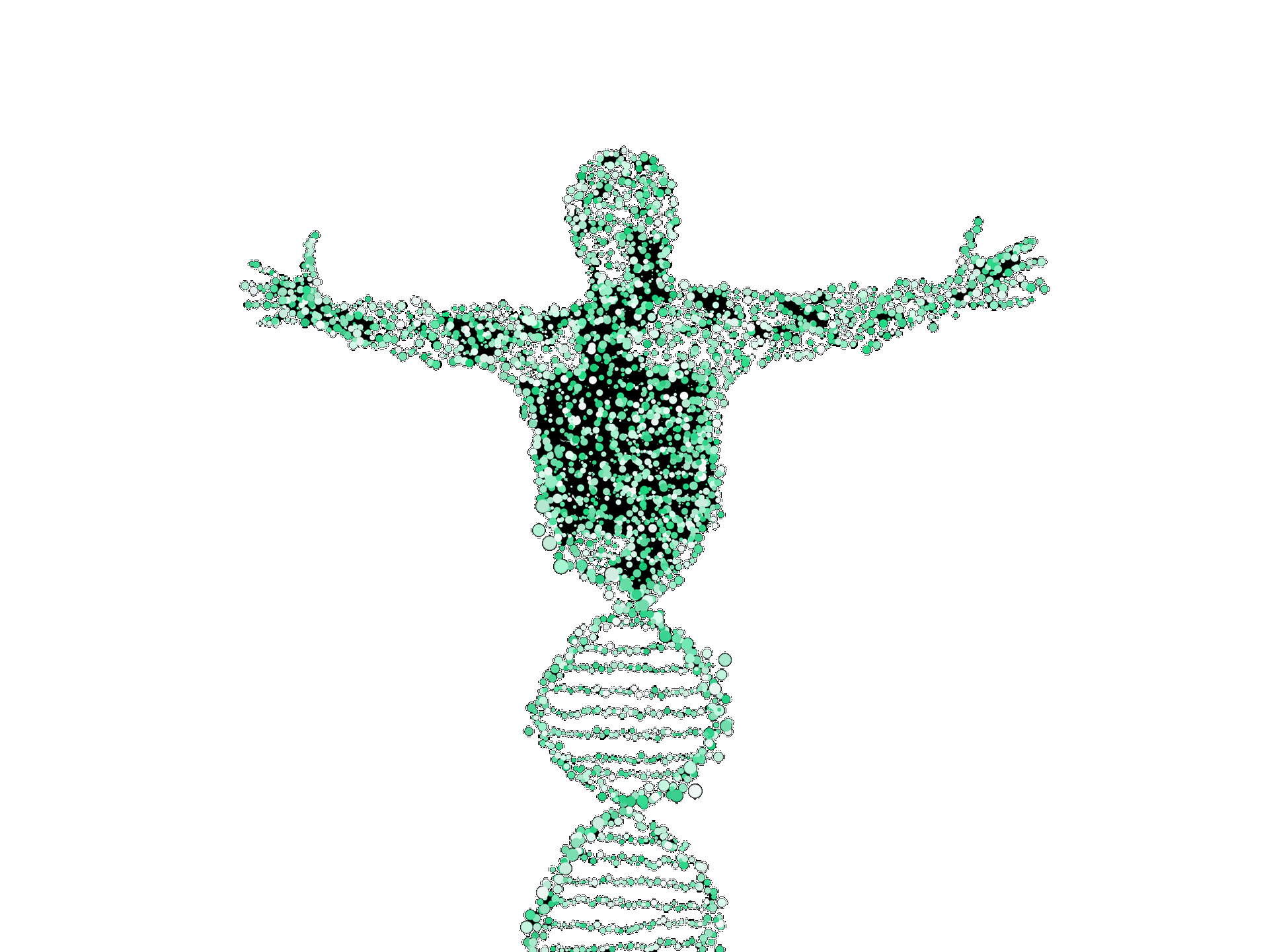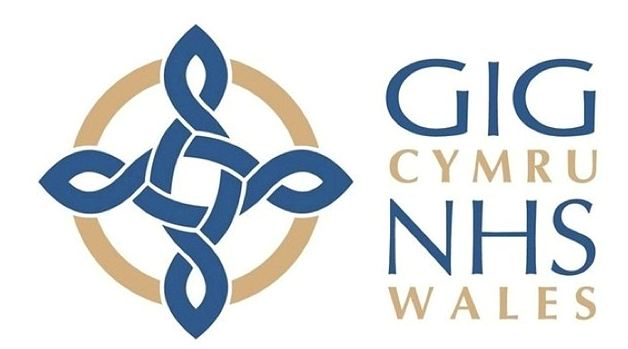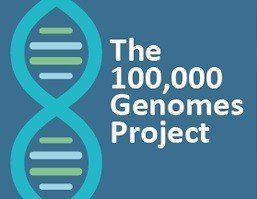Genes and Chromosones

Genes are the inherited instructions which are responsible for controlling our normal bodily functions and maintaining our health. They determine how we grow and develop. Characteristics such as the colour of our eyes are controlled by our genes. Most of the cells in our bodies contain a complete set of genes, which is also known as a genome. There are around 20,000 genes in the human genome. Our genome is the ‘blueprint’ that makes us unique.
Chromosomes are the structures our cells use to store our genes. Each cell has a set of chromosomes and each gene is located at a specific location on one of the chromosomes. Each cell usually has 46 chromosomes and these come in pairs. This means there are 23 pairs of chromosomes in total. We inherit one copy of each pair from each of our parents. So usually a child inherits half their chromosomes from their mother and half from their father.
Genetic conditions can occur when there is a change which prevents the correct genetic message being communicated to the body. There are many different types of genetic change. Large genetic changes might affect a whole chromosome or part of a chromosome. Other changes can be very small and only affect one gene. Healthcare professionals refer to these changes as variants. Sometimes a variant is inherited from a mother or father. But not all genetic variants are inherited and some genetic variants cannot be passed on.
What is a Genetic test?
A genetic test is when a sample is taken from a patient and is analysed to see if any genetic variants can be found. It is often carried out on a blood sample. But other tissue samples might also be tested if required. A detailed discussion can then be had about the implications of the test result for the patient and their relatives.
There are two main reasons to perform genetic testing:
Testing for inherited conditions
This looks for variants causing a particular condition and that might be passed on in the family.
Tumour testing in patients with Cancer
Cancer tumours are growths which occur when cells are able to grow out of control. This happens because the cells have gained genetic changes which have enabled them to grow and multiply in an uncontrolled way. As we get older and grow, these types of changes are common. We also know that some environmental factors can also lead to these types of changes, for example smoking or ultraviolet light. But our cells are very clever and can recognise and, often fix, these changes if needed.
However, if these changes happen in an important part of the genetic code, like a gene that controls cell growth and division, they might develop into a cancer cell. Over time, cancers develop lots of these genetic changes.
Testing a tumour for genetic changes can sometimes be helpful. This is called somatic testing. This is because we know certain genes or even specific genetic variants can help inform diagnosis, prognosis and identify particular treatments for that individual patient. This is known as Precision Medicine.
Somatic testing is usually organised by the patient’s Oncology team. Changes which are only present in the tumour are not passed on in the family. This means patients with these tumour changes, do not usually need to be referred to the AWMGS, unless there is another reason for them to be seen.
To learn more about genetics, you may find the following websites useful:
100,000 Genome Project has developed a range of short animations, downloads and overviews including information on: genome sequencing; genetics and rare diseases; genetics and cancer
Genomics Education Programme is written more for health care staff but has a range of accessible information and free online courses you can access in order to understand more about genetics.
![]()


